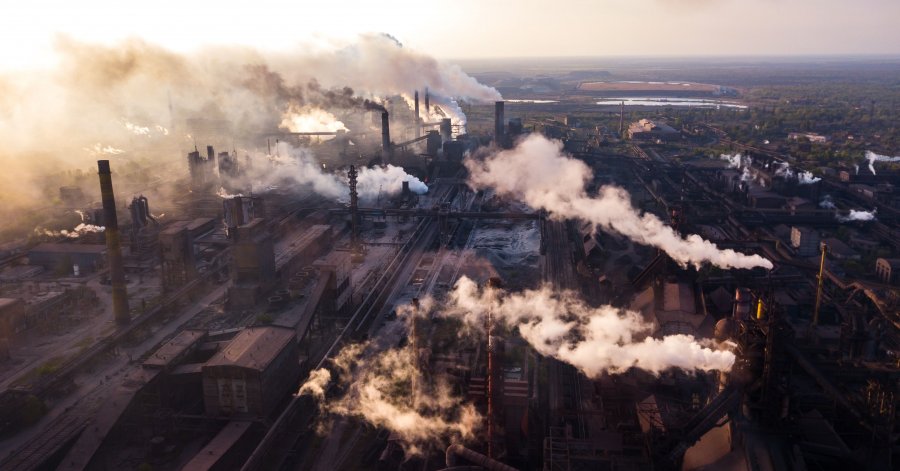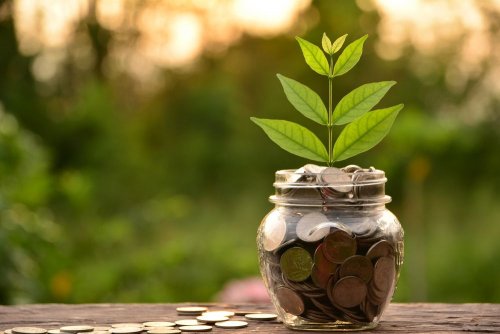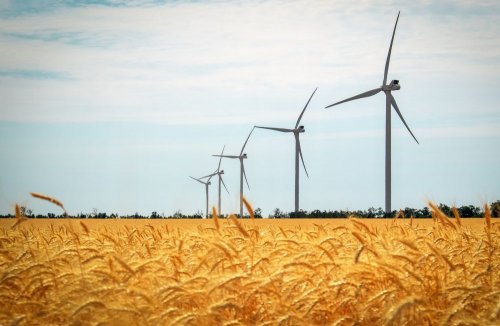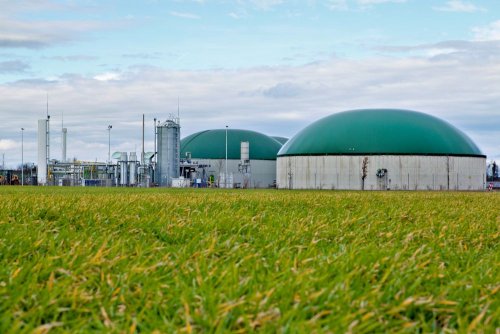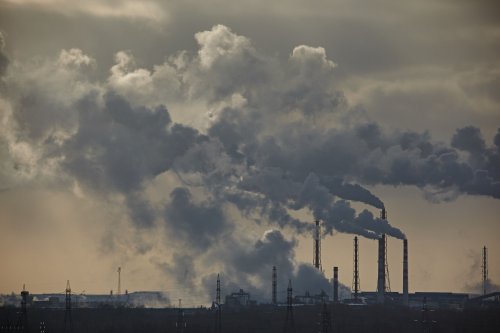Analysts of the Center for Economic Policy Research (CEPR) compiled a ranking of the largest industrial polluters in Europe, which shows their dangerous impact on human health, the environment and the climate.
The first place in terms of toxicity to humans and impact on global warming was taken by Belkhatów power plant in Poland, which operates on brown coal, according to CEPR.
The carbon footprint is not a complete indicator of environmental performance as a whole. Therefore, it is necessary to carry out a comprehensive assessment.
The researchers analyzed about 10,000 companies in Europe using the database of the European Pollutant Release and Transfer Register and the toxicity model.
CEPR found that the most toxic industries for humans have become:
- electricity production – 46%;
- production of steel and ferroalloys – 20%;
- cement production – 10%.
The most environmentally toxic industries were named in the study:
- sewage systems – 50%;
- extraction of non-ferrous metal ores – 7%.
"The large predicted potentials for human toxicity and greenhouse gas impacts in the electricity generation sector further increase the importance of managing the environmental footprint of the energy sector," the researchers stressed.
The Belkhatów power plant in Poland has become the site with the largest contribution to human toxicity and the potential for impact on global warming. Electricity is fundamental to other economic sectors, so its impact potential is indirectly caused by the demand for electricity from companies in other industries.
TOP-10 most toxic enterprises for humans:
- PGE Gomictwo Bclchatow, Poland – electricity production;
- RWE Power AG, Germany – electricity generation;
- Enefit Energiatootmine, Estonia – electricity production;
- U.S.Steel s.r.o., Slovakia – steel production;
- TAMEH Polska Sp, Poland – production of energy carriers for ArcelorMittal Poland SA;
- TETs Maritsa, Bulgaria – electricity generation;
- LEAG, Kraft werk, Germany – electricity production;
- Zespol Elektrowni, Poland – electricity generation;
- LEAG Lausitz, Germany – electricity production;
- Kraftwerk Boxberg, Germany – electricity production.
TOP-10 most environmentally toxic enterprises:
- Central, postr. for prc. otp. voda u Cvc, Serbia – water intake, treatment and supply;
- Zaklady Gorniczo-Hutnicze, Poland – extraction of non-ferrous metal ores;
- Ogranak Termoelektrane A, Serbia – electricity trade;
- Ebswien hauptklaranlage GmbH, Austria – sewage systems;
- SOLVAY CHIMICA ITALIA S.PA., Italy – production of chemicals;
- Sofiyska prech. stan. za otp.vodi Kubr., Bulgaria – sewage systems;
- ACQUE VERONESI S.C.AR.L., Italy – sewage systems;
- EYDAP S. A., Greece, – sewage systems;
- Thames Water Utilities Ltd, Beckton Stw, Great Britain – sewage systems;
- STATIA EPURARE APE UZATE, Romania – sewage systems.
TOP-10 enterprises with the largest impact on global warming:
- PGE Gomictwo Bclchatow, Poland – electricity production;
- RWE Power AG, Germany – electricity generation;
- RWE Power AG Kraftwerk NiederauBem, Germany – electricity production;
- LEAG, Kraftwerk Janschwalde, Germany – electricity production;
- Kraftwerk Boxberg, Germany – electricity production;
- Drax Power Station, Great Britain – electricity production;
- ARCELORMITTAL ATL. et LORR. DNKRQ, France – steel production;
- ENEA Wytwarzanie Sp. z o.o., Poland – electricity generation;
- LEAG, Kraftwerk Schwarze Pumpe, Germany – electricity production;
- LEAG, Kraftwerk Lippendorf, Germany – electricity production.
Previously, EcoPolitic analyzed how the war affected the biggest polluters of Ukraine.

